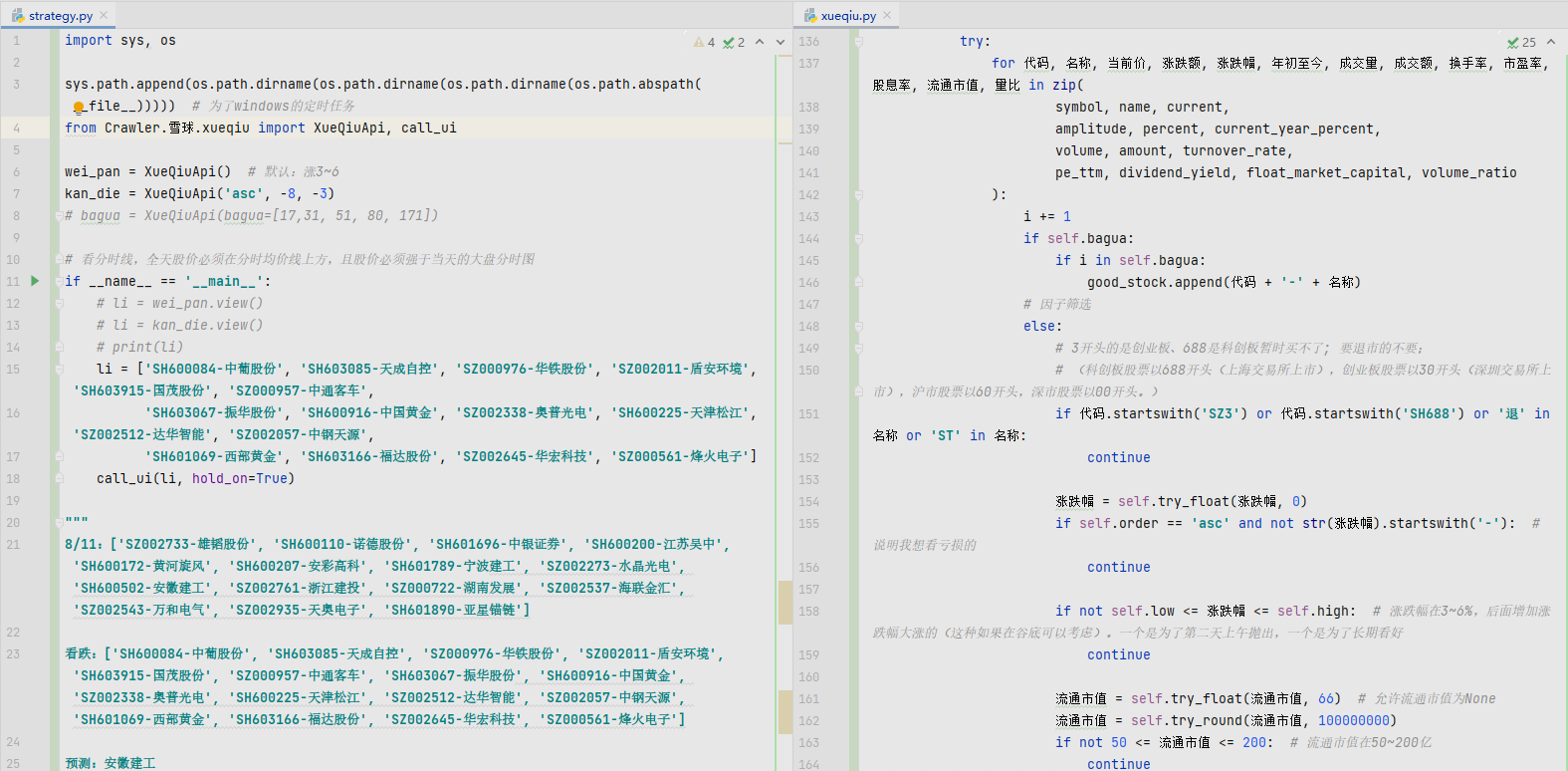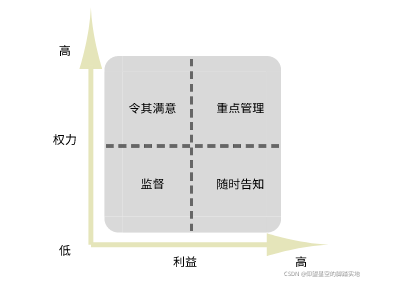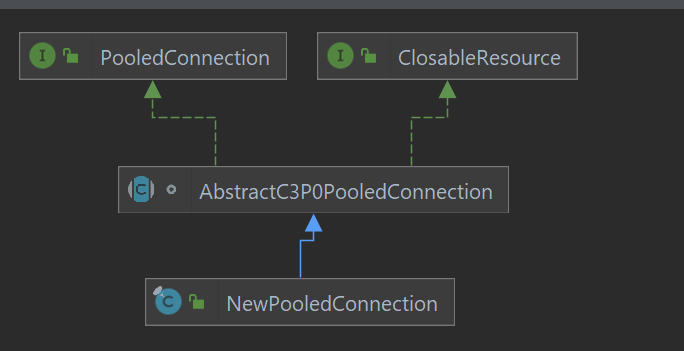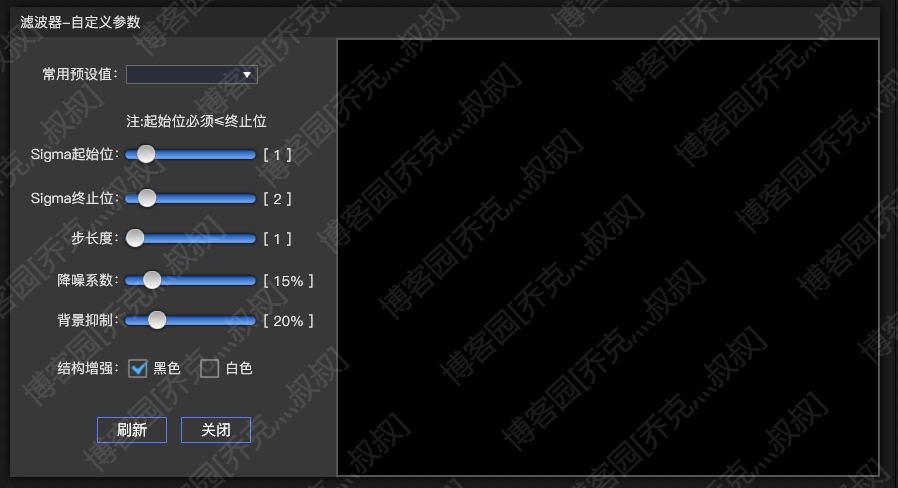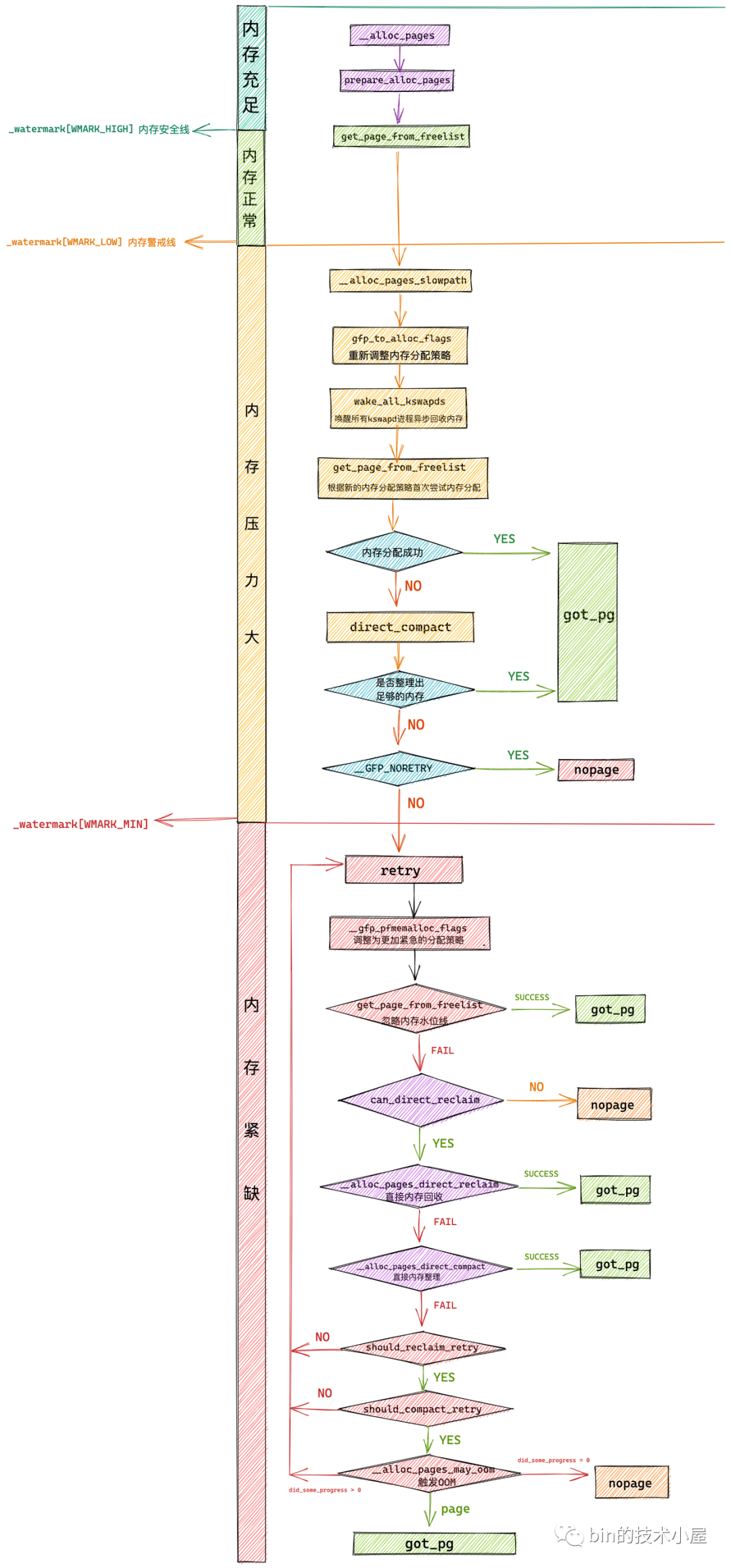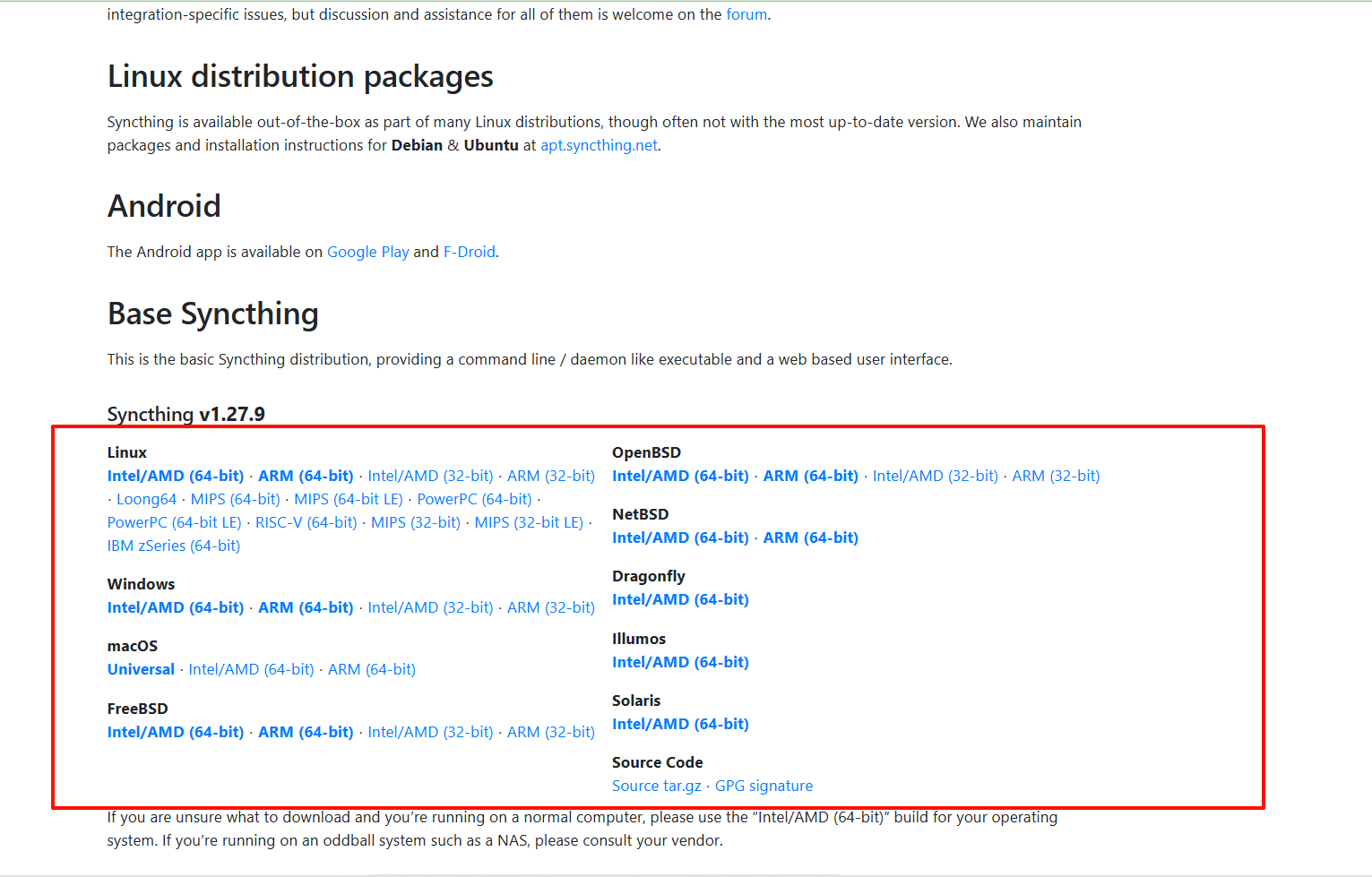C++的运算符重载:使对象的运算表现得和编译器内置类型一样
如下代码,如果T是整形,那很好理解,但是如果 T 是一个 Student 类, a + b ?怎么操作,两个学生类怎么相加?
这个就是我们要说的运算符重载问题
template<typename T>
T sum(T a,T b){
return a + b; // a.+(b) => a.operator+(b) operator+ 就是我们需要的函数
}
CComplex operator+(const CComplex &lhs, const CComplex &rhs){
reutrn CComlex(lhs.x+rhs.x,lhs.y+rhs.y);
// 由于不能再类外访问CComplex的私有成员,所以我们可以加上友元
// 在CComplex 加上 firend CComplex operator+(const CComplex &lhs, const CComplex &rhs);
}
ostream & operator<<(ostream & cout, const CComplex & val){
cout<<"Complex = "<<val.x <<" "<<val.y<<endl;
return out
}
class CComplex{
public:
CComplex(int _x=1,int _y=1):x(_x),y(_y){}
Complex operator+(const CComplex & _com){
CComplex _comp;
_comp.x= this->x + _com.x
_comp.y= this->y +_com.y;
return _comp;
}
//后置++,返回的是 + 之前的值
Complex operator++(int){
CComplex tep=*this;
x++;
y++;
return tep;
}
//前置++ 返回加后的值
Complex & operator++(){
x++;
y++;
return *this;
}
//+=不需要返回值
void operator+=(const CComplex & _value){
x=x+_value.x;
y=y+_value.y;
}
private:
int x;
int y;
firend CComplex operator+(const CComplex &lhs, const CComplex &rhs);
firend ostream & operator<<(ostream & cout, const CComplex & val) ;
}
int main(){
CComplex comp1(100,200);
CComplex comp2(1,2);
CComplex comp3=comp1 + comp2;
CComplex comp4=comp1 + 20;//comp1.operator+(CComplex tep) => comp1.operator+(将20转为CComplex对象)
//这个时候编译器会想办法 把 20转为CComplex对象,在上面的类中,可以转,因为 CComplex(int _x=1,int _y=1) 有默认值
//所以上面代码 会使用20创建一个CComplex 对象,然后 再让他们相加
CComplex comp5=30 +comp1;//编译报错 30.operator+(CComplex tep) 整形数的加法运算符里面没有operator+(CComplex tep) 编译器不会把30转为CComplex对象
//编译器在做对象的运算的时候,会调用对象的运算符重载函数(优先调用成员方法),r如果没有成员方法
//就会在全局作用域中找合适的运算符重载函数 所以 CComplex comp5=30 +comp1 编译器
//当在整数中找不到成员方法是,还可以 ::operator+(30,comp1) 在全局作用域中找运算符重载函数
//就会调用全局作用域中的 CComplex operator+(const CComplex &lhs, const CComplex &rhs) 方法,
//所以如果希望CComplex comp5=30 +comp1;编译通过,可以加上全局函数 CComplex operator+(const CComplex &lhs, const CComplex &rhs)
return 0;
}








